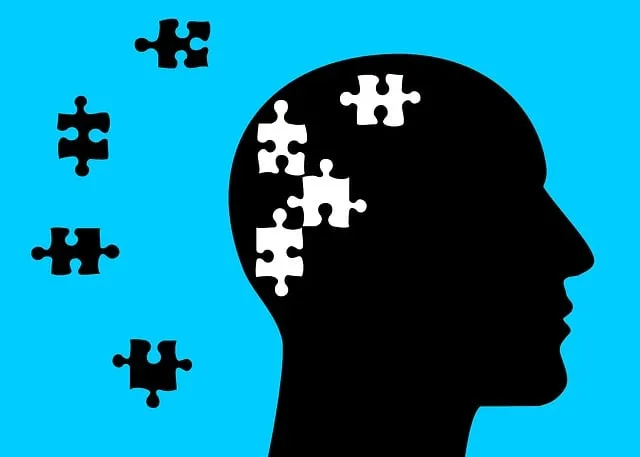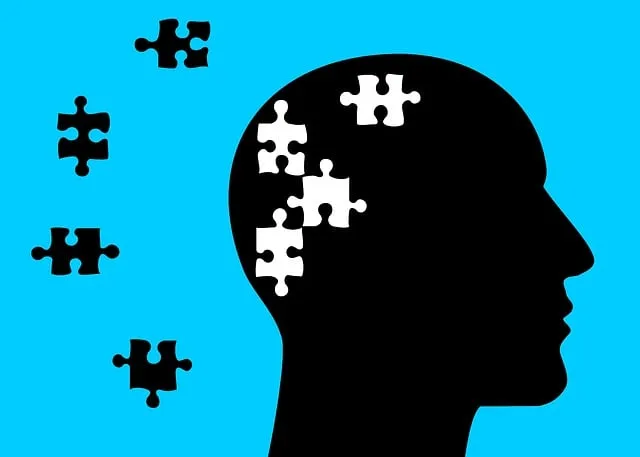Kaiser Permanente's Lone Tree behavioral health center leverages data-driven care through advanced analytics, personalized treatment, and evidence-based practices like mindfulness meditation. By analyzing trends in mental health initiatives, it identifies effective interventions, predicts crises, and develops mitigation strategies. This approach not only improves patient outcomes but also builds resilient communities. The center uses structured interviews, surveys, and self-reported questionnaires to gather data, incorporating advanced statistical tools for insights. This enables tailored stress management workshops, burnout prevention, and enhanced patient-provider relationships. Strategic initiatives enhance mental health monitoring, service delivery, and community support.
Mental health data analysis plays a pivotal role in understanding and improving well-being. This article explores comprehensive strategies employed by Kaiser Permanente’s behavioral health center in Lone Tree, focusing on data collection, advanced analysis methods, and interpretation techniques.
We delve into how these approaches enhance patient care, identify trends, and drive evidence-based improvements at one of the nation’s leading healthcare providers. From understanding complex datasets to actionable insights, discover how data empowers progress in mental health management.
- Understanding Mental Health Data at Kaiser Permanente Lone Tree
- Data Collection and Analysis Methods for Behavioral Health
- Interpreting Results: Insights and Implications
- Strategies for Effective Mental Health Monitoring and Improvement
Understanding Mental Health Data at Kaiser Permanente Lone Tree

At Kaiser Permanente’s Lone Tree behavioral health center, understanding mental health data is a cornerstone of patient care and treatment planning. The center leverages advanced analytics to gain profound insights into patient populations, enabling more personalized and effective interventions. By analyzing trends and patterns in depression prevention initiatives, self-esteem improvement programs, and self-awareness exercises, the center’s team can identify what works best for different demographics. This data-driven approach ensures that each patient receives tailored support, enhancing treatment outcomes and overall well-being.
Through comprehensive data analysis, Kaiser Permanente Lone Tree identifies risk factors, predicts potential mental health crises, and develops targeted strategies to mitigate them. This proactive stance not only improves individual patient care but also contributes to the broader public health goal of fostering resilient communities. By embracing self-awareness exercises, depression prevention programs, and other evidence-based practices, the center is revolutionizing mental healthcare delivery, making it more accessible, effective, and aligned with modern needs.
Data Collection and Analysis Methods for Behavioral Health

At Kaiser Permanente behavioral health centers like Lone Tree, data collection and analysis methods play a pivotal role in understanding and addressing mental health concerns. The process begins with comprehensive assessments that capture a patient’s psychological, social, and environmental factors contributing to their mental wellness. This includes structured interviews, surveys, and self-reported questionnaires designed to identify specific symptoms, triggers, and coping mechanisms. For instance, implementing routine Self-Care Routine Development for Better Mental Health can provide valuable insights during these assessments.
Subsequently, data is analyzed using sophisticated statistical tools and machine learning algorithms to uncover trends, correlations, and patterns. These techniques enable mental health professionals to interpret the collected information accurately. For example, analyzing responses from a Mental Wellness Journaling Exercise Guidance might reveal common stress factors or effective coping strategies among patients. Similarly, Mindfulness Meditation can be incorporated into data analysis protocols to assess its impact on reducing anxiety and depression symptoms.
Interpreting Results: Insights and Implications

When analyzing mental health data from the Kaiser Permanente behavioral health center Lone Tree, interpreting results goes beyond mere numbers. Insights gleaned can reveal significant trends and patterns that offer profound implications for patient care and provider well-being. For example, elevated stress levels among healthcare workers could point to systemic issues at the organization, such as excessive workload or lack of support, necessitating Burnout Prevention Strategies for Healthcare Providers.
This data might also underscore the importance of Empathy Building Strategies in fostering stronger patient-provider relationships. By understanding the emotional landscape of patients and providers alike, Stress Management Workshops Organization can be tailored to address specific needs. Such insights not only enhance patient outcomes but also contribute to a more sustainable and resilient healthcare system.
Strategies for Effective Mental Health Monitoring and Improvement

Mental health monitoring and improvement is a multifaceted process that requires strategic initiatives to ensure effectiveness. At the Kaiser Permanente behavioral health center in Lone Tree, these strategies are tailored to meet the unique needs of the community they serve. One key approach involves utilizing data analytics to identify trends and patterns within mental health outcomes. By analyzing patient records, survey responses, and community feedback, healthcare providers gain valuable insights into prevalent issues and emerging concerns. This data-driven perspective enables them to adapt services, target interventions more precisely, and ultimately improve access to care.
Additionally, the center promotes Mental Health Awareness through educational programs and Crisis Intervention Guidance tailored to diverse demographics. They implement Community Outreach Program Implementations to reach underserved populations, fostering an environment where individuals feel supported and encouraged to seek help. These comprehensive strategies not only enhance service delivery but also contribute to a more resilient and mentally well community overall.
Mental health data analysis is a powerful tool for improving patient care at Kaiser Permanente Lone Tree, one of the leading behavioral health centers. By employing robust data collection methods and advanced analytical techniques, healthcare professionals can gain valuable insights into population mental health trends, identify at-risk individuals, and develop targeted interventions. Interpreting these results not only enhances patient outcomes but also contributes to the broader understanding of mental health within the community, setting a precedent for more effective mental health monitoring and improvement across Kaiser Permanente’s network.






